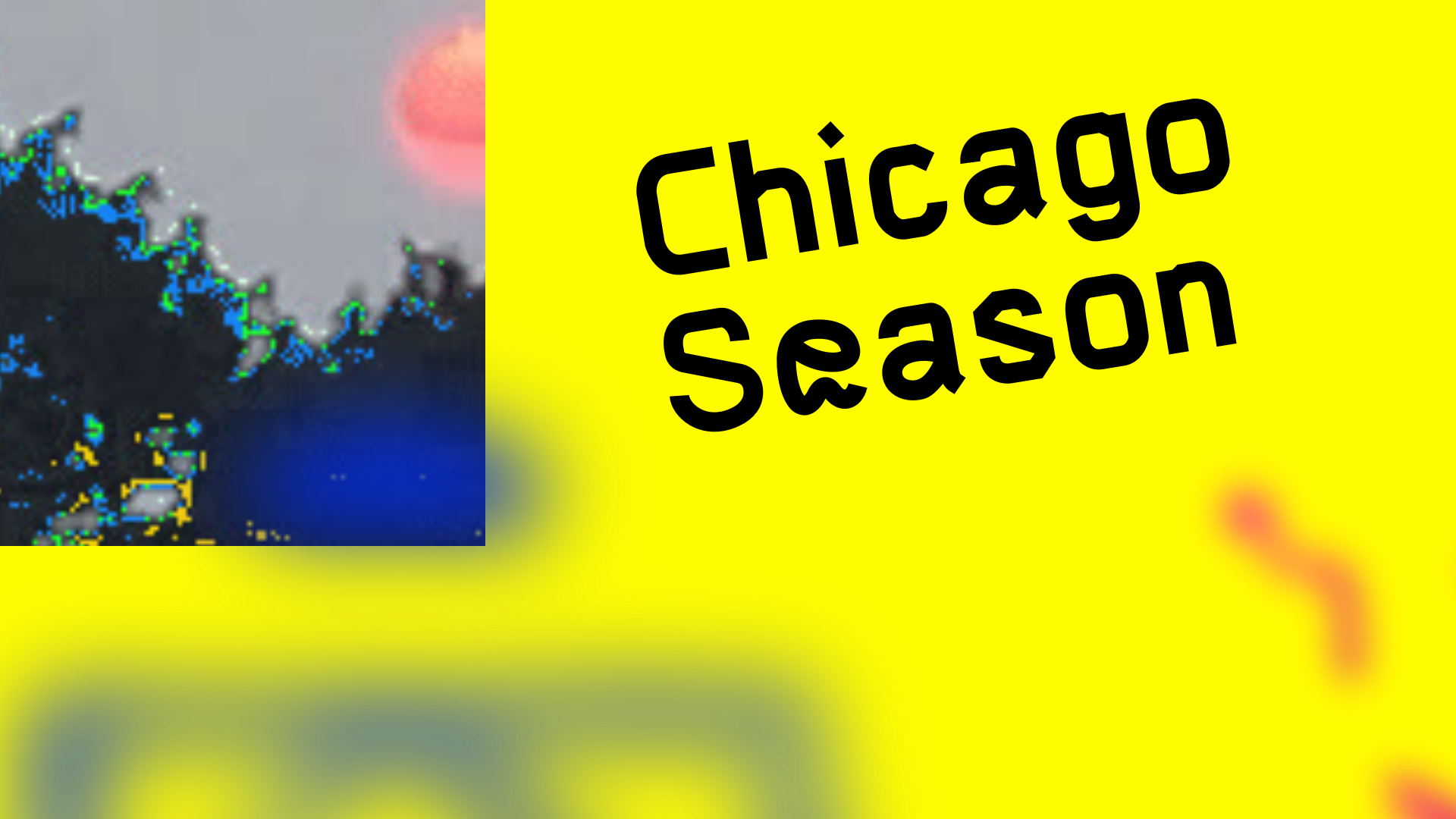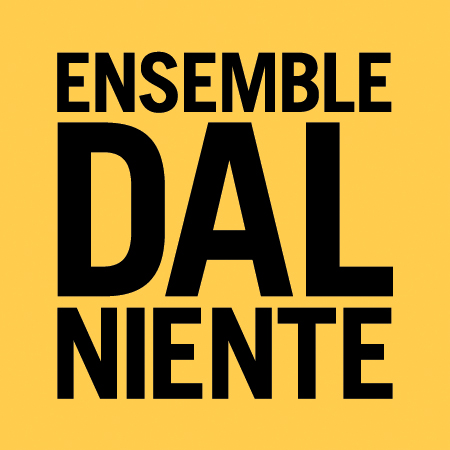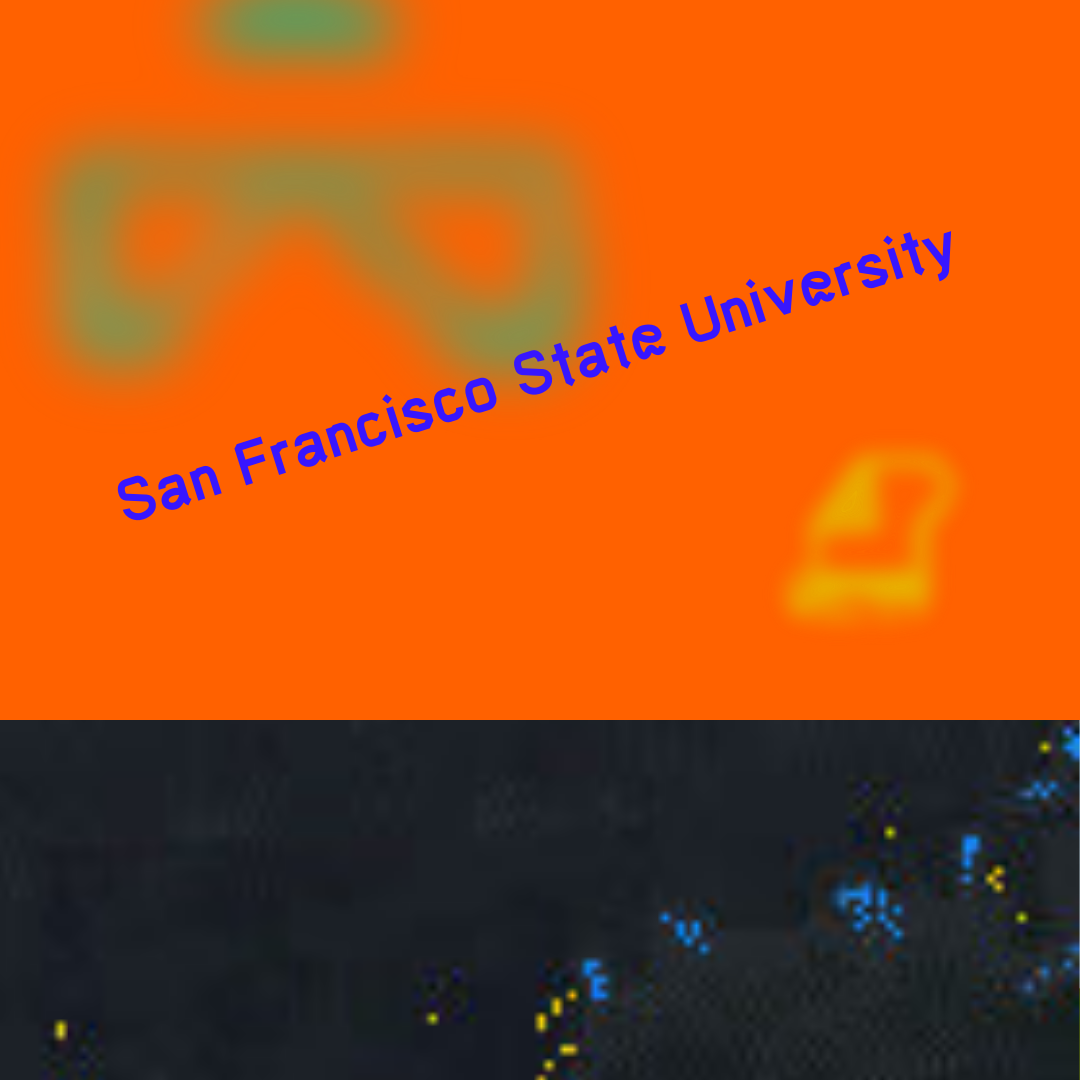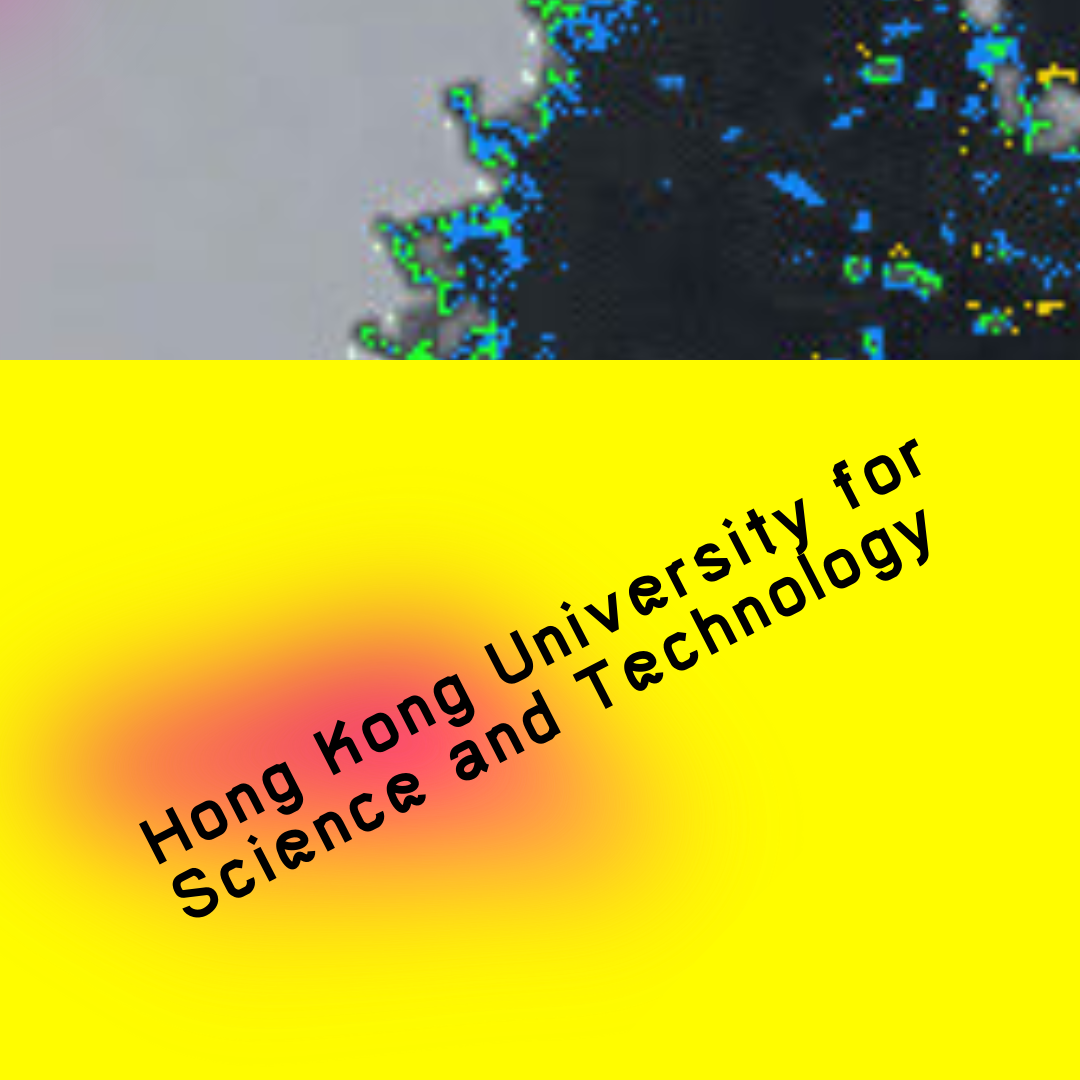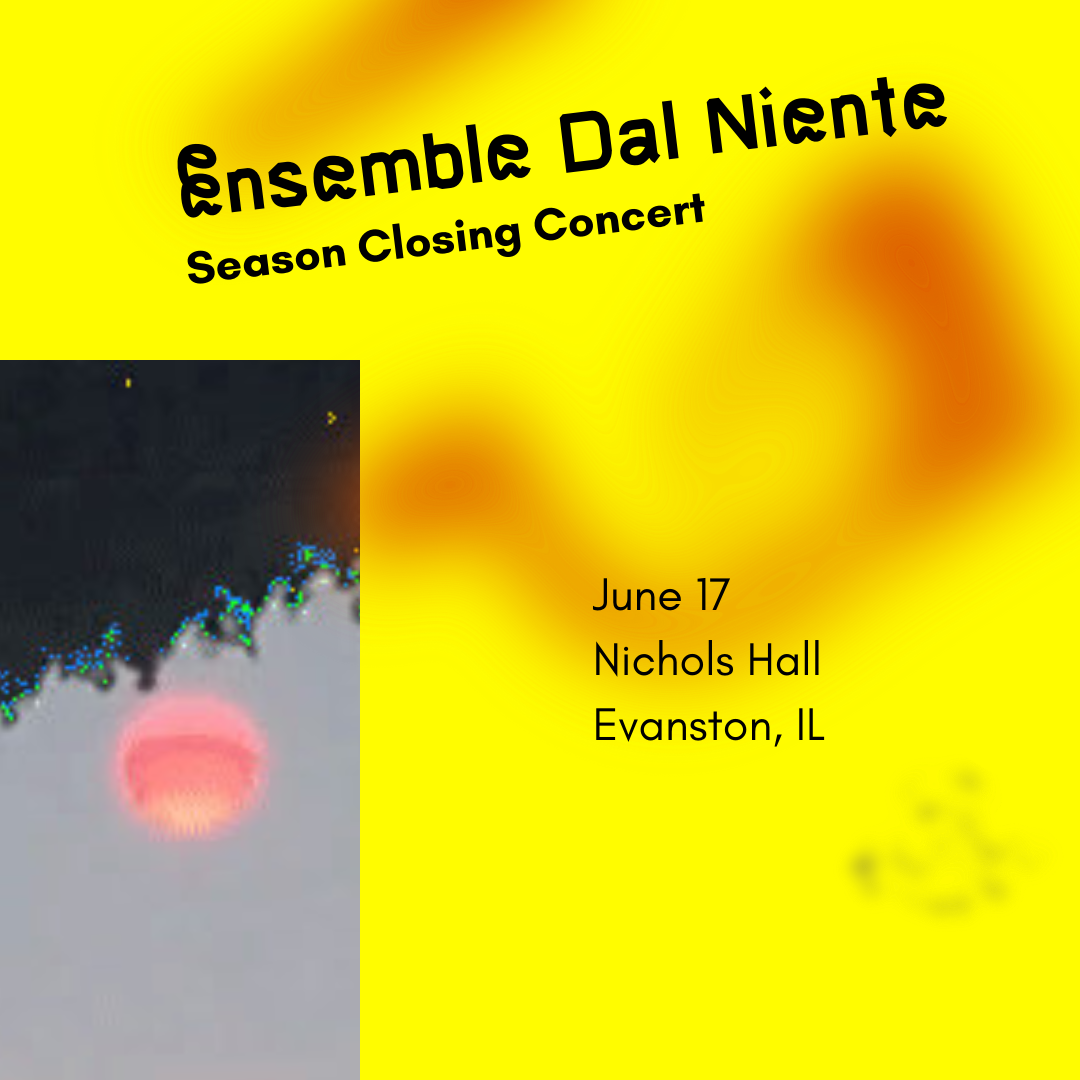Dal Niente’s season closing concert features music by Hilda Paredes, Marcos Balter, Melissa Vargas, Graciela Paraskevaidis, Paulo Raposo, and the world premiere of a newly commissioned work by Tomás Gueglio. In Gueglio’s Canciones que el río murmura (Songs murmured by the river), for soprano Carrie Shaw and ensemble, the soprano’s plainchant-like voice entwines with microtonal electronics, forming a murmuring river that winds through pointillistic instrumental textures. Dal Niente will also give the North American premiere of Paulo Raposo’s blistering Sextet, which the ensemble first performed in São Paulo in 2022; Hilda Paredes’ Reencuentro for flute, clarinet, and cello, where three instruments layer subtly shifting motifs into a virtuosic sonic kaleidoscope; Marcos Balter’s haunting Ear, Skin, and Bone Riddles, first performed by the ensemble in 2014; a world premiere of Melissa Vargas Franco’s Como una primera meditación for soprano, and the piercing, hypnotic Libres en el sonido… by the late Uruguayan-Argentinian composer Graciela Paraskevaídis.
Program (* indicates Chicago premiere)
Tomás Gueglio, Canciones que el río murmura* (2023)
Paulo Henrique Raposo, Sextet (2017/22)
Graciela Paraskevaídis, Libres en el sonido presos en el sonido (1997)
Hilda Paredes, Reencuentro (2013)
Marcos Balter, Ear, Skin and Bone Riddles (2010)
Melissa Vargas, Como una primera meditación for solo voice*, 2023
Program Notes
Paulo Raposo, Sextet (2017, rev. 2023)
Paulo Henrique Raposo is a brazilian composer and guitarist (electric and acoustic/classical). He has a bachelor's degree in electric guitar, postgraduate and master's degree in musical composition. Presently he is the Professor of Harmony and Analysis and coordinator of the Music Education course at UNIFACCAMP (Centro Universitário Campo Limpo Paulista, Brazil).
Sextet was scored for flute, clarinet, percussion (marimba, vibraphone, gran cassa and two tom-toms), piano, violin and violoncello, basically the Pierrot Ensemble plus percussion instruments. The main idea of the piece was to use all possible combinations between these instruments (all solos, duos, trios, etc.), reserving the tutti only to the central part. Formally the music was composed in blocks, small musical ideas, that were constantly juxtaposed with each other.
-Paulo Raposo
Melissa Vargas, Como una primera meditación (2023)
Melissa Vargas graduated from the Francisco José de Caldas District University - ASAB Faculty of Arts in Bogotá, Colombia and is currently finishing a Master's Degree in Artistic Studies at the same institution. She has studied with teachers such as Graciela Paraskevaídis, Coriún Aharonián, Rodolfo Acosta R., Cergio Prudencio, Violeta Cruz, Gustavo Lara and Gustavo Yepes. She studied piano with teachers Carlos López and Néstor Rivera.
Her works have been premiered in various concert halls in Colombia, Argentina, Mexico, Brazil, Canada, Bolivia, Switzerland, Chile, Uruguay, the United States, Germany, Spain and Venezuela. She is the director and co-founder of the FMMN – Festival of Women in New Music, and is curator, manager and producer the Contemporary and Experimental Music Cycle <libres en el sonido>.
Como una primera meditación (2023) is a movement of a larger, in-process work, to be premiered by Ensemble Dal Niente in 2024. Melissa describes that work as “Five short monologues exploring places of enunciation that are expressed through sound materials. High degree of indeterminacy, displacement in space and interaction with objects.”
Graciela Paraskevaídis, libres en el sonido presos en el sonido (1997)
Graciela Paraskevaidis (1940-2017) was an Argentine writer and composer of Greek ancestry who lived and worked in Uruguay. She developed her own musical language which she taught in Europe and combined with traditional idioms of her home country to respond to concrete, current social issues. She wrote two books, La obra sinfónica de Eduardo Fabini published in 1992 and Luis Campodónico, compositor published in 1999, and a number of articles on 20th-century Latin-American music.
libres en el sonido presos en el sonido (1997) is my response to a kind invitation of the Ensemble Köln and its director, Robert HP Platz, and was premiered by them at the Ars Nova Festival in Trier, Germany, on 19 november 1998. The title — free in sound captive in sound — comes from a poem by Juan Gelman (“Por la palabra me conocerás,” from “Partes,” 1963), though it has neither programmatic nor anecdotic connotations. The piece is scored for flute (also alto flute), clarinet (also piccolo clarinet and bass clarinet), piano, violin and cello.
—Graciela Paraskevaídis, 2016
Marcos Balter, Ear, Skin, and Bone Riddles (2010)
Praised by The Chicago Tribune as “minutely crafted” and “utterly lovely,” The New York Times as “whimsical” and “surreal,” and The Washington Post as “dark and deeply poetic,” the music of composer Marcos Balter (b.1974, Rio de Janeiro, Brazil) is at once emotionally visceral and intellectually complex, primarily rooted in experimental manipulations of timbre and hyper-dramatization of live performance.
Past honors include the American Academy of Arts and Letters Music Award, fellowships from the John Simon Guggenheim Foundation, Civitella Ranieri Foundation, and the Tanglewood Music Center (Leonard Bernstein Fellow), two Chamber Music America awards, as well as commissions from the New York Philharmonic, Los Angeles Philharmonic, New World Symphony, Chicago Symphony Music Now, The Crossing, Meet the Composer, Fromm Foundation at Harvard, The Holland/America Music Society, The MacArthur Foundation, and the Art Institute of Chicago.
He is the Fritz Reiner Professor of Musical Composition at Columbia University, having previously held professorships at the University of California San Diego, Montclair State University, and Columbia College Chicago, visiting professorships at the University of Pittsburgh, Northwestern University, and the University of Pennsylvania, and a pre-doctoral fellowship at Lawrence University. He currently lives in Manhattan, New York.
The horizon of dirt angles downward toward the ramble your ear can’t hear.
Migrating noises strong as hurricanes.
Here.
The horizon of dirt angles downward toward the ramble your ear can’t hear.
Here.
Walking lines of tilled earth Here.
Like crude latitudes you likewise hum.
-Michael Walsh
Tomás Gueglio, Canciones que el rio murmura (2023)
Tomás Gueglio (he/him) is an Argentine composer currently based in Chicago. His music has been described as ‘immediately captivating’ (I Care If You Listen), ‘touchingly harmonic’ (Chicago Classical Review) and of ‘an exquisite weight’ (Best of Bandcamp). In his creative work, Tomás strives to devise surreal and unique sound worlds through blending a variety of musical lineages and styles. Metaphors central to his recent work are private languages, the logic of dreams, and, as of late, melodramas and radio soap operas.
His music has been performed across the Americas and Europe by renowned ensembles and soloists like Ensemble Dal Niente, eighth blackbird, MEI, Pacifica and Spektral string quartets, Nuntempe Ensamble, Latitude 49, Marco Fusi and Ben Melsky. Recent and upcoming projects include the devising of a piece with Delfos Danza presented as part of Dal Niente’s ‘Staged’ series, a collection of works based on Tango’s star Libertad Lamarque, and the release of his first portrait album, ‘Duermevela’, in the Fall of 2020.
Canciones que el rio murmura is the most recent of a series of works based on an Argentine melodrama from 1940 called 'Cita en la Frontera' (translatable as ‘Meeting/Date/Encounter At The Border’). In 1940, my grandmother on my mother’s side worked as an extra in the film, which featured Libertad Lamarque. The movie is very melodramatic. It represents the first wave of Hollywood taking over in Latin America, the internationalization of tropes. It’s very awkward which is interesting to me. Everything is blown out of proportion dramatically.
The idea of river runs throughout the cycle; the first piece is called ‘Madrigales del río’ (madrigals from the river). The reason the river is there is because my grandmother, when she wanted to be an actress, her pseudonym was Libertad del Rio. I take these walks on the forest preserve and there is the Chicago River. Which you can see and not see. In this work, the singer and the tape are the murmuring river. Sometimes the soprano will take the lead, sometimes the instruments will cover her up. She is the through line that is visible and invisible.
-Tomás Gueglio
About the program
In US English, the word “America” or “American” is often understood to refer to the USA or one of its citizens. However, one of those words plus the modifier “Latin” is understood to mean Hispanophone or Lusophone countries or citizens that are located on one of the American continents; and the word “Americas” refers to all three of them. This may reflect a shared culture among citizens and countries in these Americas, as well as an assumed dominance of the US, due to its military and economic hegemony. In short, the differing usages of the word “America” reflect a tense and fraught state of cultural affairs.
The truth of the matter is that all of what are currently called the Americas are countries colonized by European powers; that land upon which these countries were founded was stolen from native inhabitants who faced genocide, and many of whose descendents still experience significant or extreme marginalization; and that the USA, of all of these countries, has become its own sort of colonizer over the course of its history. These injustices, perpetrated over centuries, are not problems cultural institutions can provide a direct political solution to. However, music is in a unique position to propose solutions to this cultural dilemma in small but potentially positive ways. The old saw that ‘music is a universal language’ is surely misguided and untrue—perhaps even pernicious—but what is true is that there is a lot of so-called “concert music” throughout the American continents, and we can get closer to what we might call our fellow Americans if we know this music better. The musical institutions across it are deeply rooted, and have rich histories and presents.
It’s important to note that all the music on this concert is by composers who are in some sense “Latin American” with all of the problems associated with such a term. Work written in 1997 by an Argentine composer living in Montevideo likely has little in common with a piece created 20 years later by a Mexican composer living in London. This is to say nothing of the vastly different set of aesthetic concerns these composers might have, as well as the varying traditions they individually bring to bear in their work (what George E. Lewis, following Gayatri Chakravorty Spivak and others, calls “creolité”). But perhaps this is the point. Maybe a concert of very different works by composers from what some in the US might mistakenly understand to be a culturally homogenous region undermines harmful stereotypes and implicit assumptions. Regardless, we feel strongly about all of the music on this program and hope you enjoy it.
